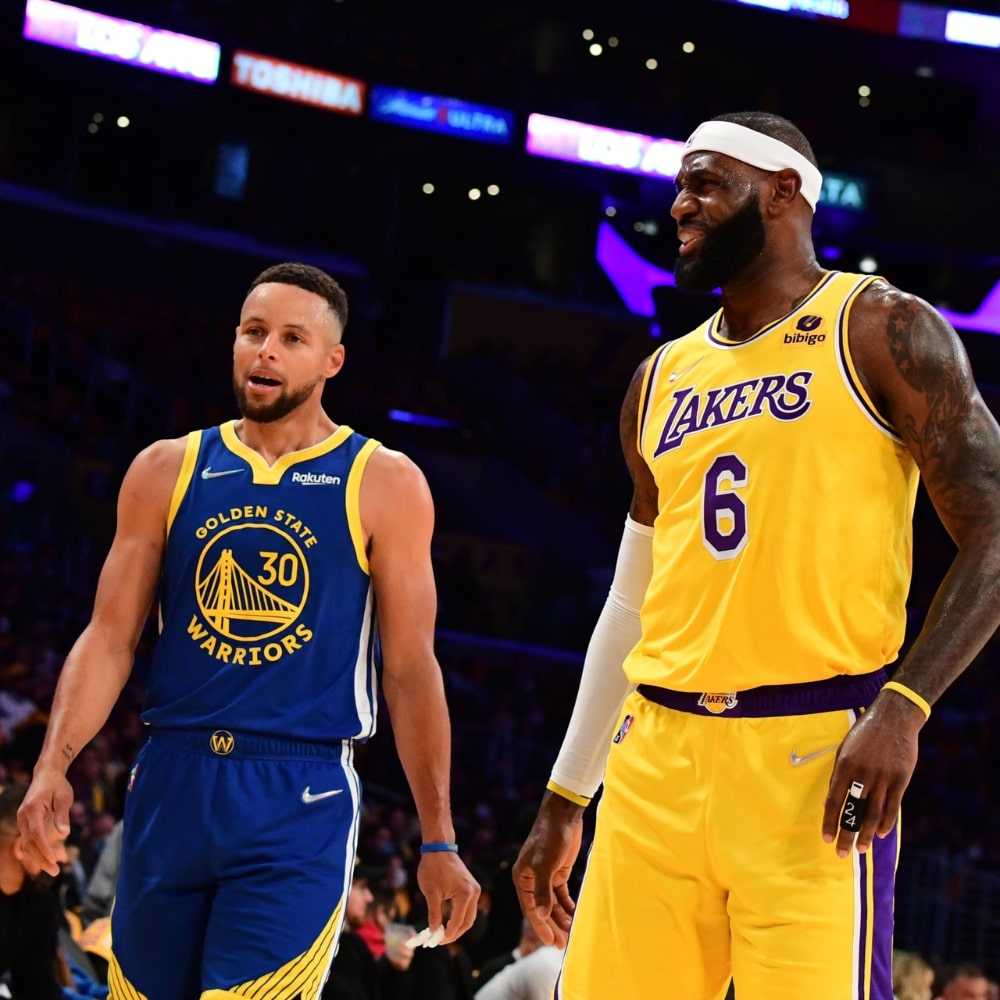
In an effort to maintain the competitive integrity of the league and address the growing concern of load management, the NBA has taken a significant step forward. The new rule, which allows the league to impose fines starting at $100,000 on teams resting star players during nationally televised games or in-season tournaments, reflects a commitment to providing fans with exciting and meaningful matchups.
A Move to Preserve Competitive Integrity
The NBA’s decision to implement a resting rule is a significant step toward preserving the competitive integrity of the league. In the past, teams often rested star players during nationally televised games, which not only disappointed fans but also affected TV ratings and overall viewership.
This new policy addresses these concerns head-on. The rule defines a star player as anyone who has been named to an All-NBA or All-Star team in the past three seasons. However, it’s important to note that some players meeting this criteria will be exempt from this rule. These exemptions are carefully considered to strike a balance between the league’s objectives and the well-being of its athletes.
Protecting the Game’s Stars
The NBA recognizes that there are situations where resting star players is a legitimate and necessary strategy. To account for this, the league has outlined specific exceptions to the resting rule. Players who are 35 years old by opening night or who have accumulated 34,000 regular-season minutes or a combined 1,000 regular-season and playoff games are eligible for pre-approval for load management.

This approach ensures that veteran players, such as LeBron James, Stephen Curry, and Kevin Durant, can still benefit from load management without facing fines. The NBA’s stance on load management represents a delicate balancing act. The exceptions provided, including those for players with extensive injury histories, personal reasons, bona fide injuries, roster management, and late-season flexibility, ensure that teams can make informed decisions based on individual circumstances.